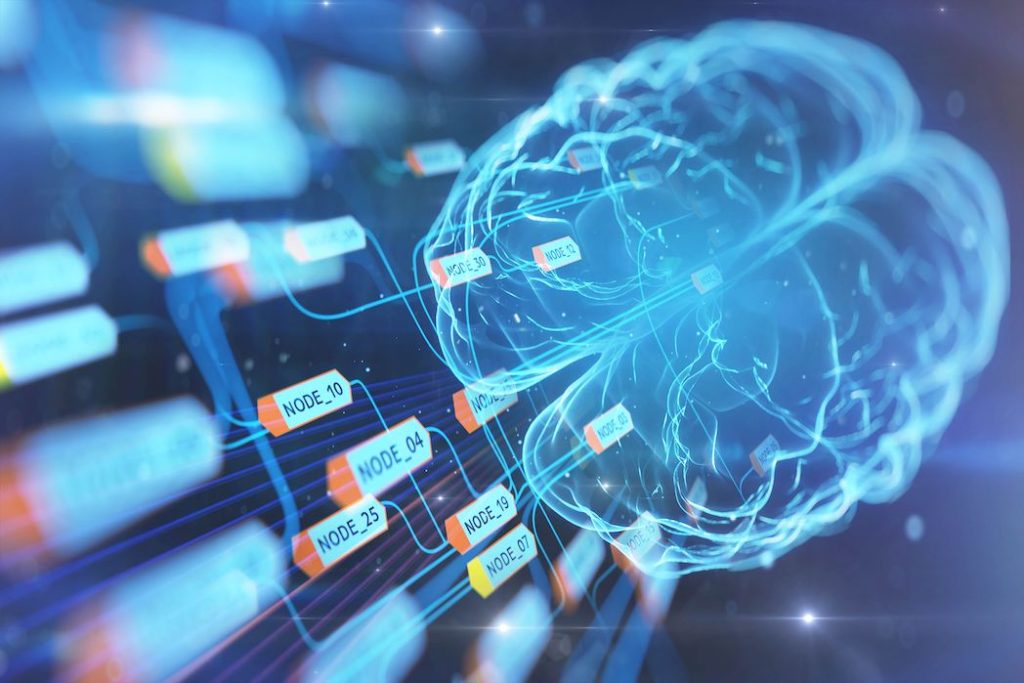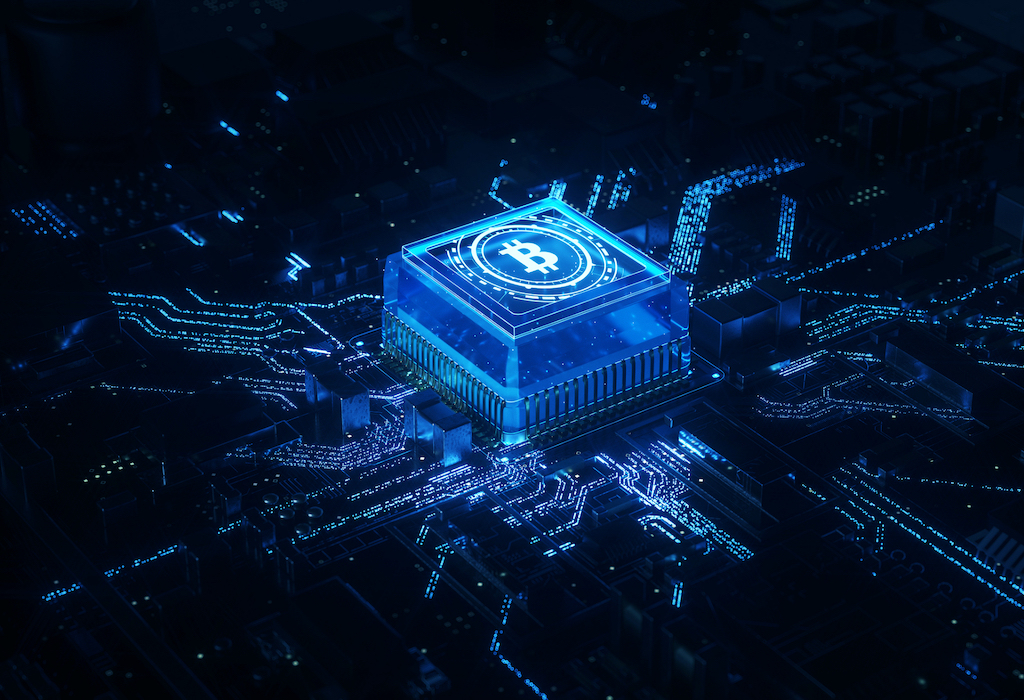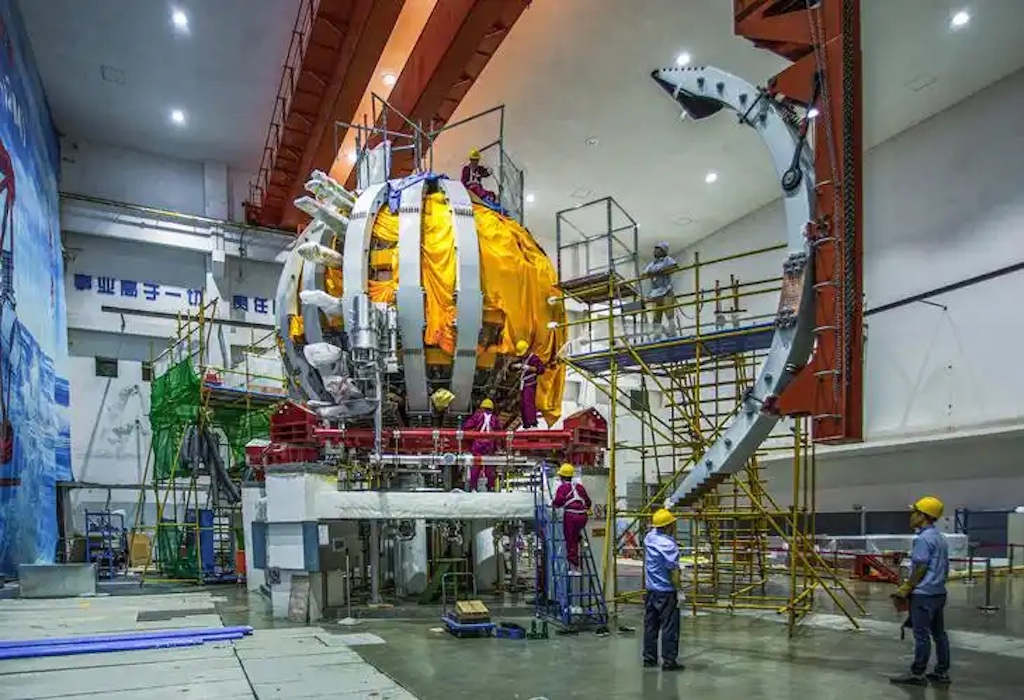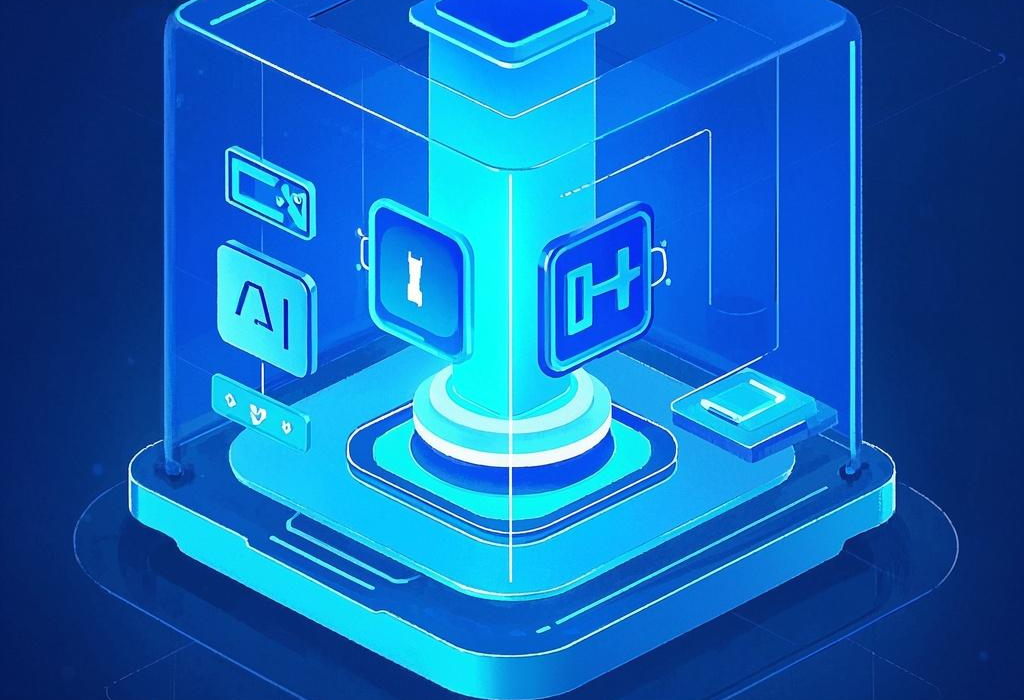In August 2024, the EU officially enacted the Artificial Intelligence Act (AI Act), the world's first comprehensive AI regulatory framework, sparking widespread reactions from global tech giants like Microsoft and Google. The law classifies AI systems into four risk tiers (prohibited, high, limited, and minimal) and mandates strict transparency for generative AI tools like ChatGPT. While aiming to balance innovation with ethical safeguards, the legislation has triggered debates over its potential to stifle technological progress and fragment global governance.






















